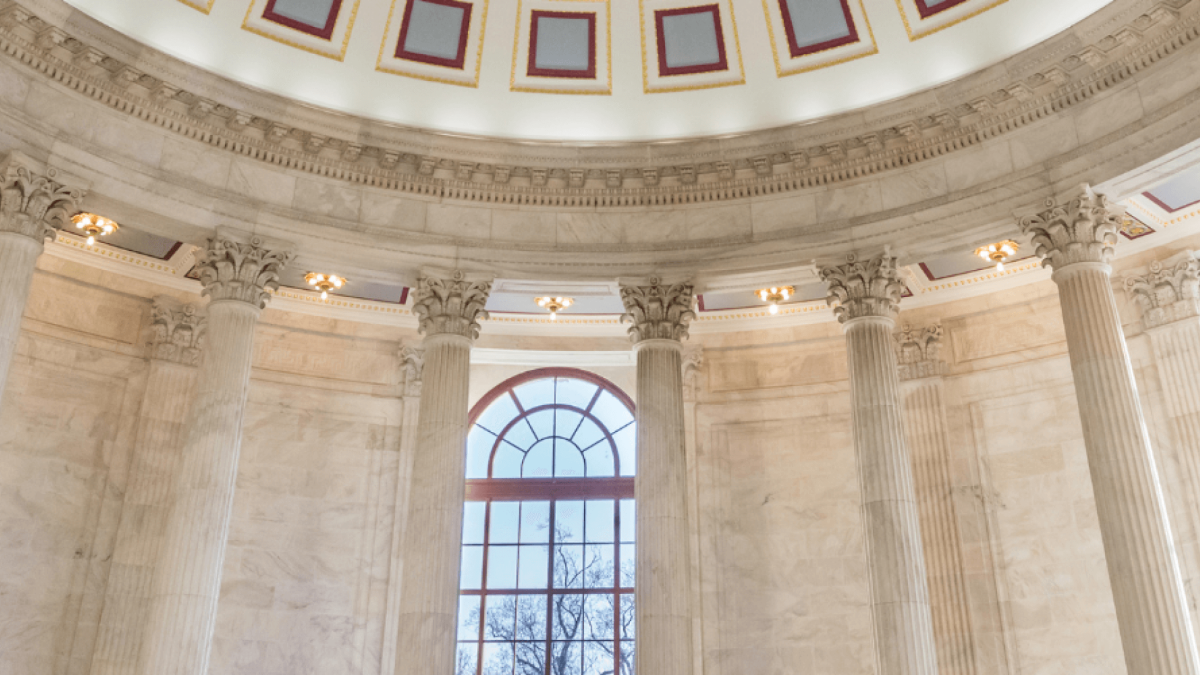Rep. Jim Costa Pushes to Update Outdated U.S. Immigration Registry
WASHINGTON – Congressman Jim Costa (CA-21) is pushing the Renewing Immigration Provisions of the Immigration Act of 1929 to provide a pathway to legal status for undocumented immigrants who have lived in the U.S. for at least seven years. Costa is an original co-sponsor of the bill.
"The last time Congress updated the registry process, Ronald Reagan was president. That was nearly 40 years ago. I've worked across the aisle for years to deliver practical solutions, and this bill is one of them," said Congressman Costa. "It's time to modernize our immigration laws and provide long-overdue stability and fairness for immigrant families who have called this country home for decades."
BACKGROUND
The Renewing Immigration Provisions of the Immigration Act of 1929 introduced by Congresswoman Zoe Lofgren (CA-19), would modernize an outdated section of immigration law known as the Registry, codified in Section 249 of the Immigration and Nationality Act (INA). This provision gives the Secretary of Homeland Security the discretion to grant lawful permanent resident status (a green card) to individuals who have lived in the U.S. continuously since a certain date and meet all other eligibility requirements, including a clean criminal record.
Originally enacted in 1929, the Registry has only been updated four times to reflect changing migration trends and national priorities. The last update was in 1986 under the Reagan Administration, setting the cutoff date to January 1, 1972. That means current law excludes millions of long-term residents, many of whom have lived in the U.S. for over 50 years.
This bill would modernize the outdated Registry provision in two keyways:
- Allow immigrants to apply for permanent residency if they have lived in the U.S. continuously for at least seven years and meet other legal requirements, including passing background checks.
- Establish a rolling eligibility date, so the law remains responsive over time and does not require further congressional updates.
This long-overdue reform would provide a pathway to a green card for more than 8 million immigrants, including Dreamers, TPS holders, children of long-term visa holders, essential workers, and highly skilled professionals like H-1B visa holders who have been stuck in backlog limbo. According to estimates from FWD.us, if the individuals eligible under this bill eventually gained citizenship, they would contribute an estimated $121 billion to the U.S. economy annually, including $35 billion in tax revenue.
